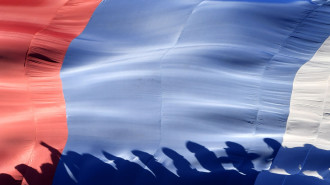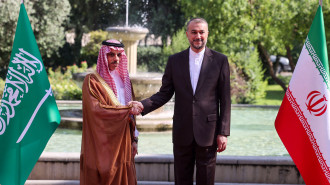My friend the terrorist
My friend the terrorist
Ziad Touba tells the story of childhood friend Ziad Jarrah, a member of the Hamburg cell that provided some of the United Airlines Flight 93 hijackers in the September 11 attacks.
5 min read
"It's him. It's Ziad Jarrah" [Graphic: Anas Awad]
Like everyone else, I remember watching in amazement as my television broadcast distant pictures of planes crashing into the Twin Towers while terrified New Yorkers filled the streets.
But unlike everyone else, as experts from around the world analysed a situation I could barely grasp, the impossible happened: a name from my past was announced as belonging to one of the alleged hijackers on the plane heading towards Pennsylvania.
I dropped to my knees in front of the TV to get a better look at the picture. There it was. “It’s him. It’s Ziad Jarrah.”
The name instantly took me back to my childhood. I compared the image on my TV with my memories from the Beirut neighbourhood of Tanak in Tariq al-Jdideh, where we both grew up. I remembered the way he looked when he was young. I remembered the last time I saw him: bearded and ready to travel to the United States.
It only took hours for the news to spread around the neighbourhood. Ziad’s family, we knew, had hurriedly left for their village, al-Marj, in Lebanon’s western Beqaa region. To avoid being questioned myself, I did not leave the house, not even to try to visit Ziad’s family or his mother.
Ziad’s mother was like any other mother in Tanak, a working class neighbourhood in the heart of Beirut. She was scared of her son hanging out with local troublemakers so she picked his friends like she picked his clothes. I was one of them. The area was divided between the boys that stayed indoors and those that never left the streets. I was in the middle. I did my homework but I also played football with the other kids, either on the streets or on the f
ootball pitch in the nearby Warda al-Yaziji school, where Ziad’s mother was the principal.
| Ziad’s mother was like any other mother in our neighbourhood... she picked his friends like she picked his clothes |
A friendly match
My friendship with Ziad started when I was 11 and he was 12, and I was the captain of the local football team. I had no leadership skills but my brother, who was then living in the Soviet Union, had brought me some footballs and shirts. Ziad pursued me. He paid me 100 lira to join the team and our first game was against a team from the nearby al-Berjawi neighbourhood.
Unlike most of us in the neighbourhood, Ziad went to al-Hikmeh school in Ashrafieh, a mainly upper class Christian district in east Beirut. He was one of those spoilt children that took a bus to school. Most of the other children in the neighbourhood went to al-Farouk school, which is affiliated with the al-Makassed Islamic Charitable Society, and is located next to the football pitch. The school was for working class children and the fees were affordable. In the following years, Ziad moved to Mar Elias Batina school in Wata al-Msaytbeh near the beach, an expensive co-educational private school. We trudged on in our gender segregated school, envious.
He would insist on bothering me with pictures of himself at birthday parties with both boys and girls from predominantly Christian east Beirut. It was an area that terrified us - it was where the snipers came from. From 1986 to1987, the walk to school was fraught with danger from snipers because of the fighting in Sabra and Shatila, the nearby Palestinian refugee camps. But throughout our childhoods we were at the mercy of snipers. We lived near the front line between Christians and Muslims during the civil war, and when that ended in 1990, we found ourselves on the fault line between Sunnis and Shias during the sporadic violence of the decades to follow.
A changing character
Sometimes when Ziad and I were out late, I would have to sleep at his house to avoid the snipers. On those occasions, we would spend our time talking about his flings with girls from the other side, a place unknown to me. His stories were fun and they calmed the tension caused by the sound of bullets and bombs outside. He also used to show me his martial arts skills. More than once I went to watch him learn street fighting at his school. He was both aggressive and gentle.
After our schooldays, we went our separate ways, I to the Lebanese University and he to Germany to study dentistry. Before 2001, we would generally meet every two years, usually by chance, during his summer visits. We would meet late at night or just before dawn. Ziad was on his way to the mosque. I was on my way home from one of the bars in town.
Once, Ziad’s voice stopped me in front of my building. “As-salam-u-alaikum”. I turned. It was the first time I’d seen him with a beard. His was light red. He asked how I was, and I answered without really considering how t
he womaniser I once knew had changed. At the time, Ziad’s father worked in the government Social Security Corporation and his mother was still principal at a Christian school. Here was their son, who had been guided onto the "straight path", and where? In Germany, of all places!
| He was one of those spoilt children that took a bus to school |
Ziad bid me farewell and got into a car with three guys who looked like they came straight out of a Hollywood casting book for evil terrorists.
I met his mother a long time later. By then, she told me, Ziad was still in Germany but had dropped dentistry for aerospace engineering. She also told me he was getting ready to marry his Turkish girlfriend and that they would travel to Turkey.
The last time I met Ziad was a month after talking to his mother. We walked all night through the streets of Tanak until we ran out of things to talk about. Ziad spoke enthusiastically about his new passion for flying and his preparations to travel to the US. What struck me most was the change in his demeanour. He was calmer. He seemed happy and content, not aggressive and stubborn as he had been.
Ziad left on his final trip. He left me with the strange sensation of having been friends with one of the most infamous terrorists of this century.
This article is an edited translation from our Arabic edition.

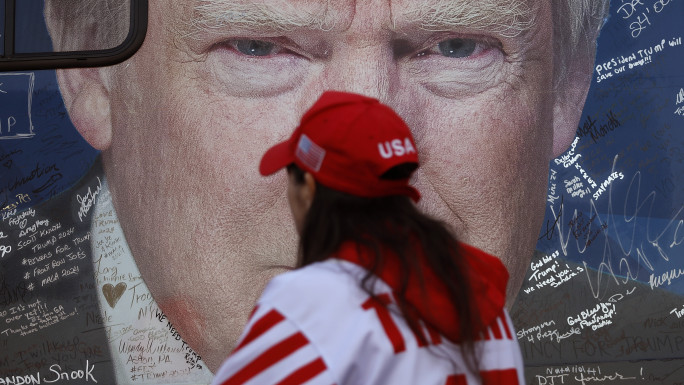
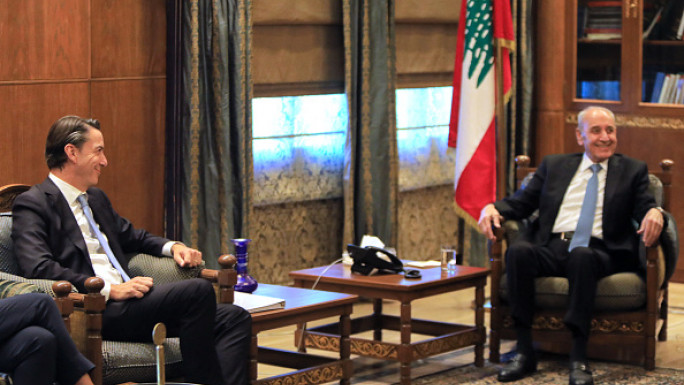
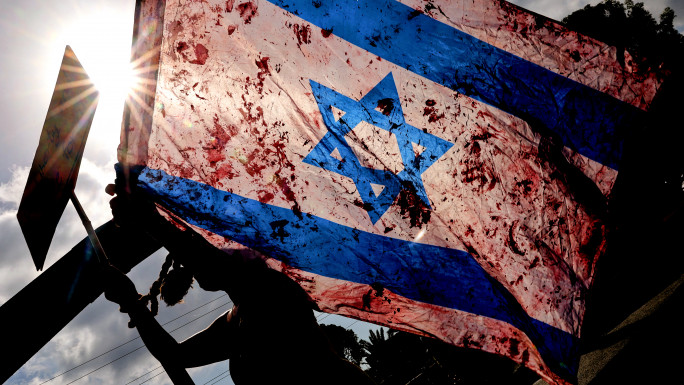
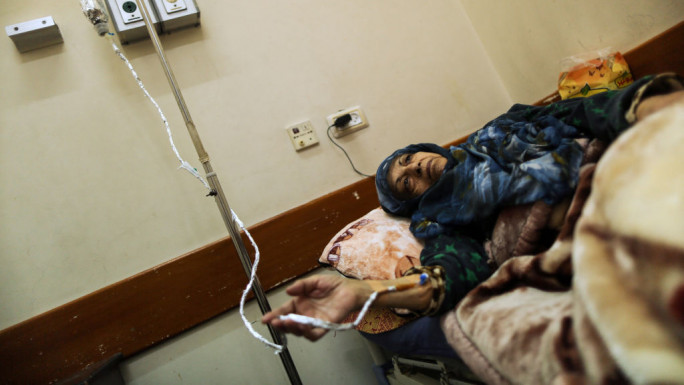
 Follow the Middle East's top stories in English at The New Arab on Google News
Follow the Middle East's top stories in English at The New Arab on Google News
